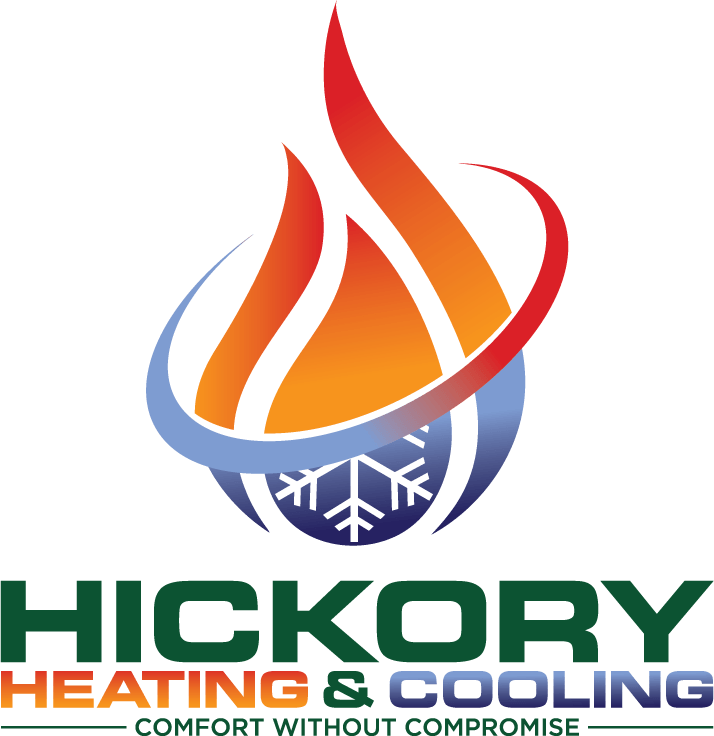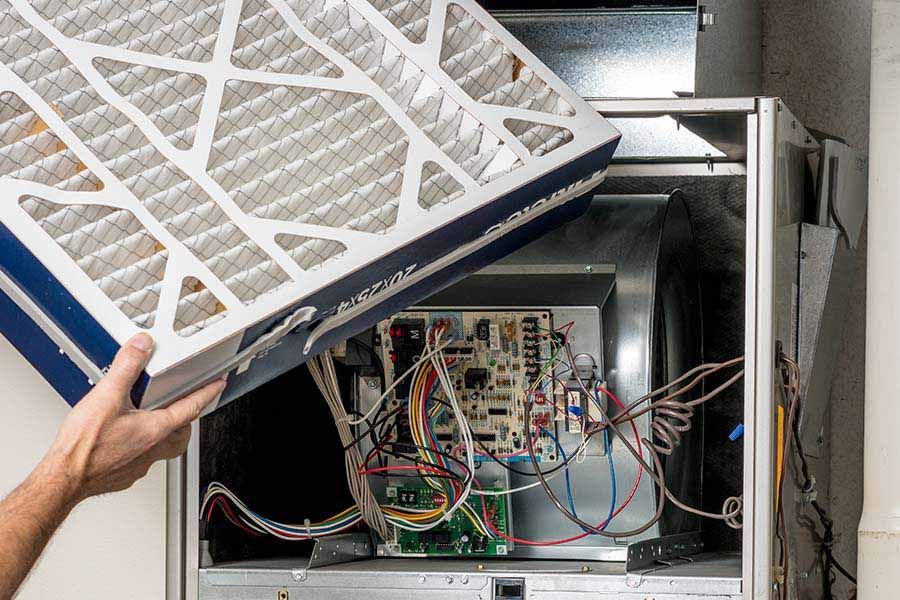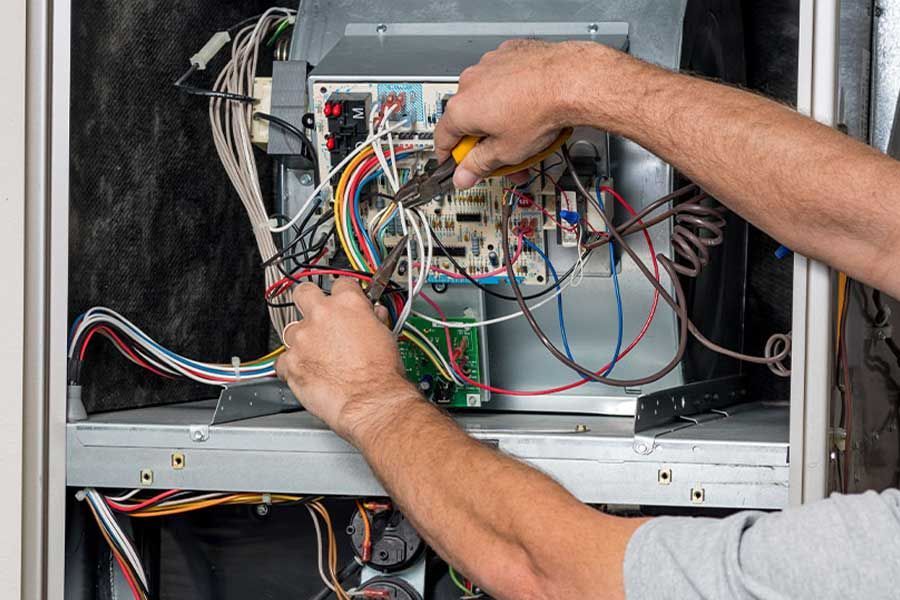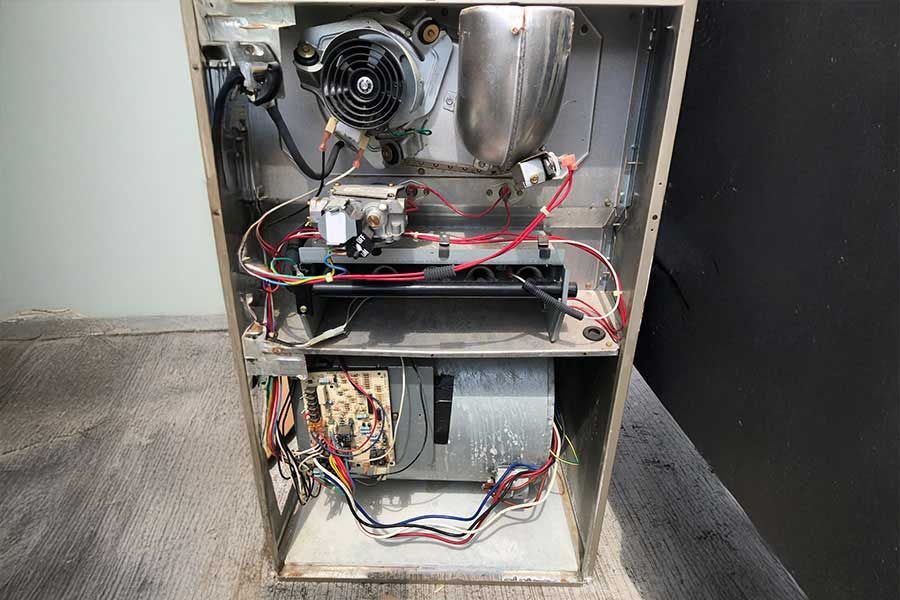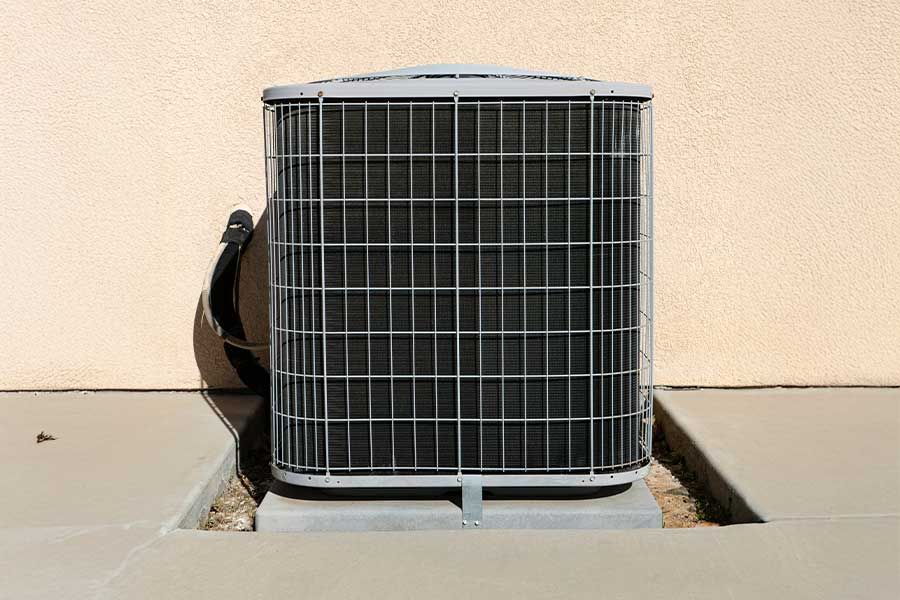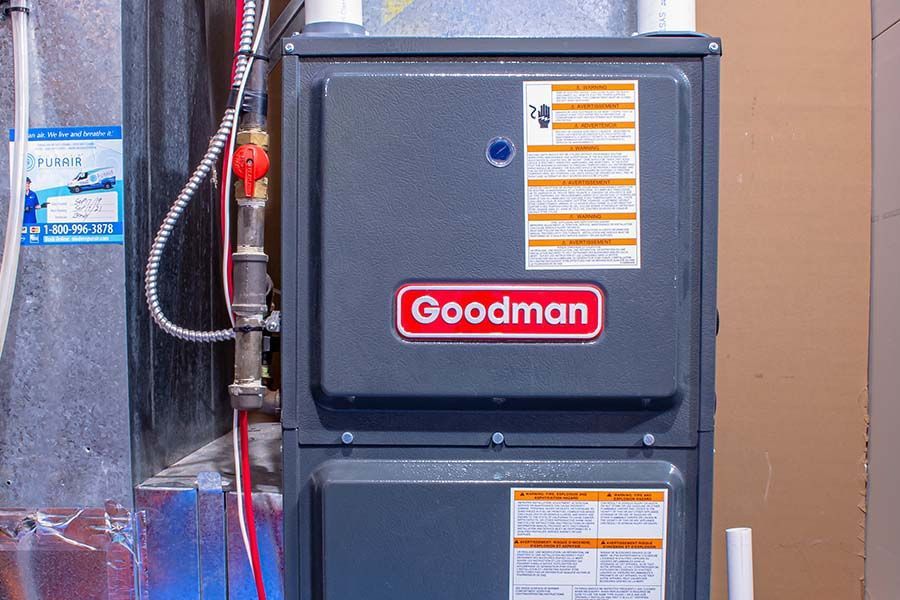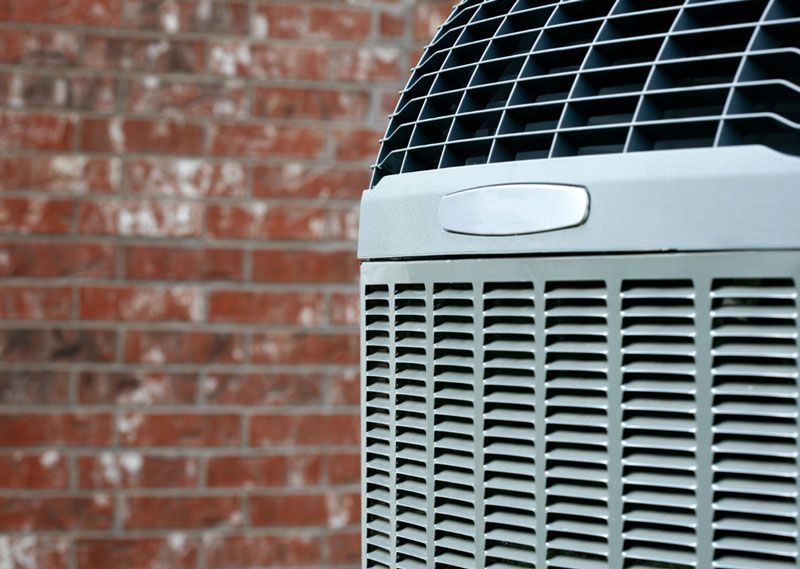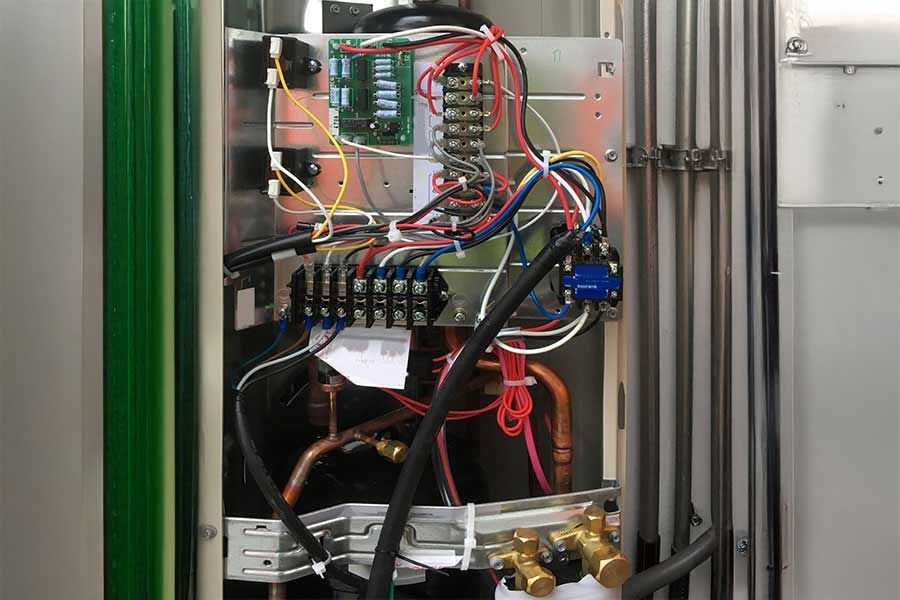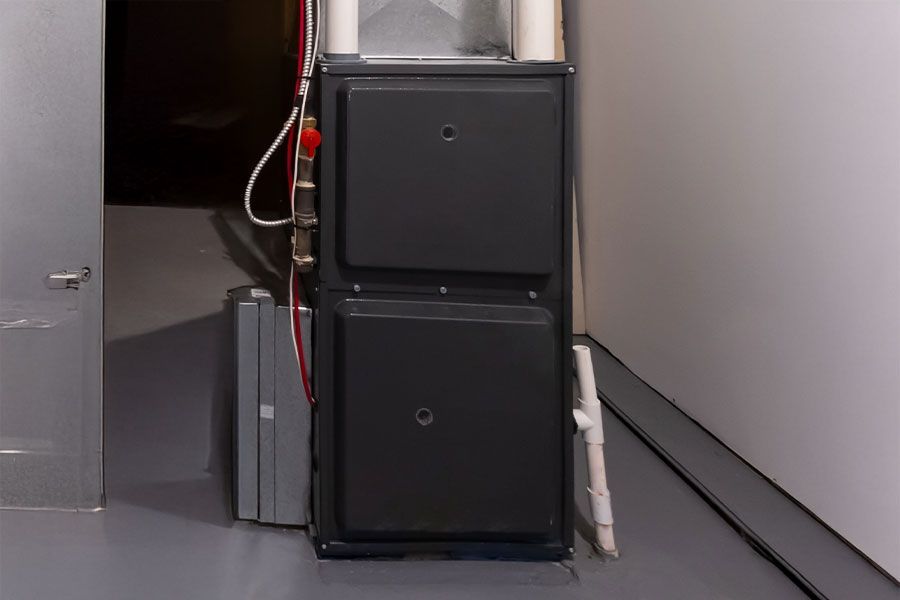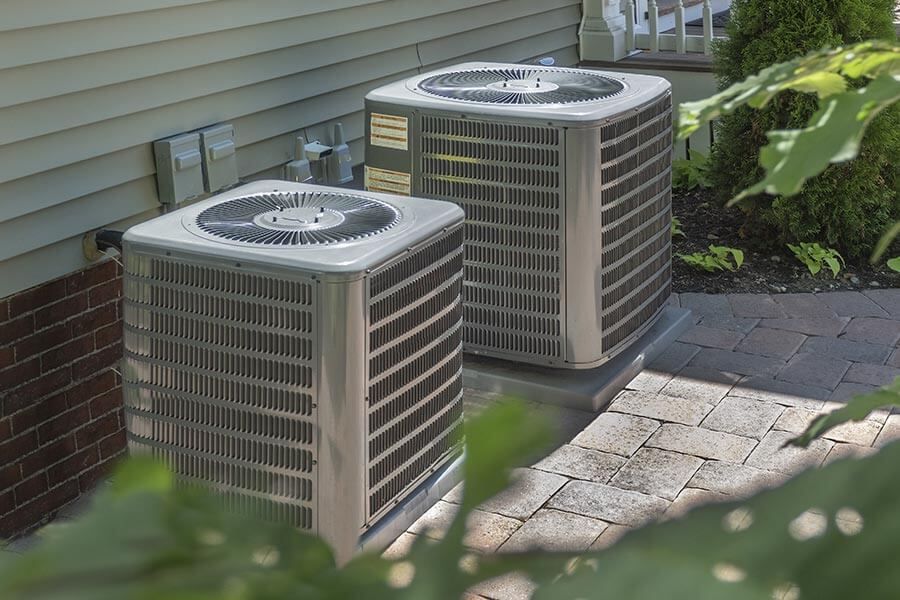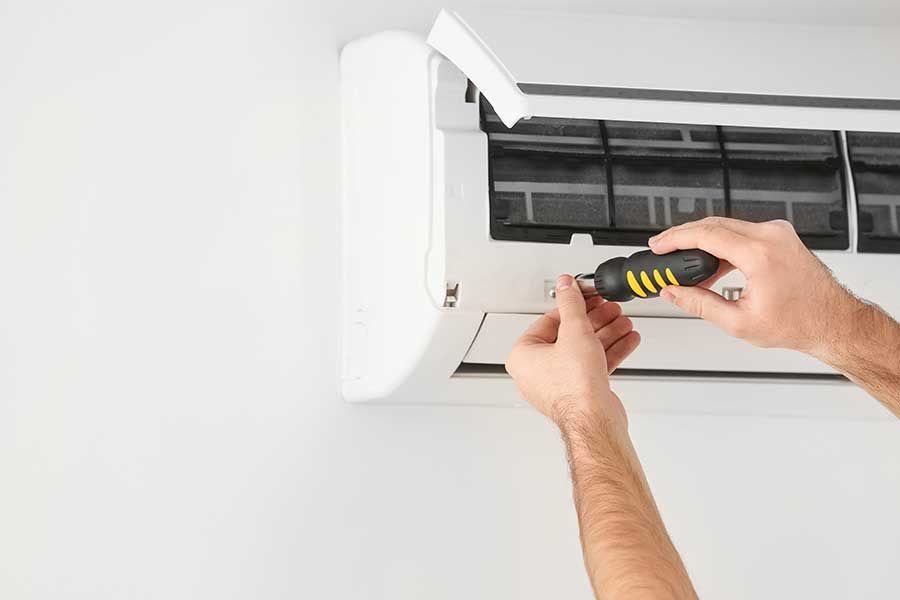Setting the Right AC Temperature in Summer
Most homeowners want to keep their residences cool and comfortable during the summer without skyrocketing their monthly energy payments. However, finding the perfect AC temperature in summer is often more difficult than it seems. That’s why the experts at Hickory Heating & Cooling put together a brief guide to help you find an ideal temperature without sacrificing indoor comfort.
If you want your air conditioning system to reach its full potential this summer, you need reliable HVAC service by Hickory Heating & Cooling. Hickory Heating & Cooling offers first-class HVAC services across the greater Hickory, NC, area. Our team can make your heater and air conditioner better than ever at a price that fits your budget.
How To Determine the Perfect AC Temperature in Summer
Finding the perfect AC temperature in summer isn’t easy. Setting the temperature too low puts immense stress on your HVAC unit and can send your monthly energy bills through the roof. However, programming the thermostat too high will make your residence resemble a sauna more than a home, significantly decreasing your indoor comfort level.
You must find the perfect balance between comfort and energy consumption to determine the best indoor temperature for your home. Although everyone has different ideal temperatures, the following will help you find an optimum AC temperature in summer.
How To Determine the Best AC Temperature in Summer While at Home
The U.S. Department of Energy recommends homeowners keep their residences at 78 degrees while at home. Keeping your home at 78 degrees during the summer ensures your home remains nice and comfortable without putting excess strain on your HVAC unit. Setting your thermostat lower than 78 degrees causes your system to work more strenuously, inflating energy payments over time.
However, if you find 78 degrees too hot, you can purchase a dehumidifier to increase your comfort without lowering the thermostat. Dehumidifiers eliminate moisture in your home, making it feel cooler without affecting the internal climate. Although dehumidifiers don’t diminish indoor temperatures, they can increase your comfortability on muggy summer days.
How To Determine the Best AC Temperature for Summer While You’re Away
Adjusting the thermostat before leaving your home will help you save money on your monthly energy payments. Since you don’t need your AC unit to maintain your ideal temperature while you’re away, we recommend setting your thermostat seven to ten degrees higher (around 88 degrees) before leaving your home. This provides tremendous energy savings while taking unnecessary stress off your heating and cooling system.
Lowering your home’s internal temperature before leaving for work or departing on an afternoon outing reduces the heat inside your residence, allowing your AC unit to cool your home swiftly when you return. It’s also a good idea to purchase a smart thermostat to help regulate your home’s indoor temperature. A smart thermostat will allow you to set automatic temperature adjustments throughout the week, increasing your energy savings even further.
Tips To Improve Your Indoor Comfortability During Summer
Although there is only so much you can do to improve your air conditioner’s efficiency during the dog days of summer, there are a few ways to keep your home cool and comfortable without increasing your monthly energy bills. Below are a few helpful tips and tricks to keep your home chilled this summer.
Use Window Treatments To Prevent Heat From Entering Your Home
Hanging dense window treatments on your windows can prevent scorching UV rays from entering your home. UV-resistant window treatments can do wonders for your home’s internal climate, allowing you to beat the heat during the hottest summer days. There are even a few drapes and shades for the sole purpose of keeping your home cooler.
Keep Your Home Well Insulated
Replacing worn weatherstripping and caulking around windows and doors will help keep cool air inside your home while preventing warmth from entering. It’s one of the most effective ways to maintain your preferred indoor temperature without requiring a small fortune.
Most home improvement stores carry high-quality caulk and weatherstripping, so keep this in mind next time you run your weekly errands.
Limit Heat-generating Appliance Use
It’s no secret that ovens, fryers, and other cooking appliances generate tremendous heat when in use. Using these appliances during the hottest part of the day can significantly increase your residence’s indoor temperature, making it hot and uncomfortable. Limiting your heat-generating appliances during the summer can help maintain an ideal internal climate, improving your overall comfortability.
It’s best to restrict your heat-generating appliance use until after 8 pm. Waiting until the sun goes down and the outdoor temperatures subside will also provide adequate results.
Upgrade to a More Efficient AC Unit
Like most things, air conditioners don’t last forever. They become less efficient over time and tend to give out after 10 to 15 years. Upgrading to a newer, more energy-efficient model will make it easier to maintain your preferred indoor climate without increasing your monthly energy expenses.
Most newer heating and cooling systems require less energy than older models and can cool your home more efficiently. A Hickory Heating & Cooling technician can help you find the perfect air conditioning unit for your home without overstepping your budget. We will evaluate your home’s size, ductwork, and other critical aspects and recommend several AC units that will keep your residence comfortable no matter the outdoor climate.
Contact Hickory Heating & Cooling for All Your Air Conditioning Needs in Hickory, NC
If you want the best air conditioning services Hickory, NC, has to offer, contact Hickory Heating & Cooling. Our team has vast experience with all the leading air conditioning makes and models and can help you find the perfect AC temperature in summer. Whether you need professional air conditioner installation or want to know whether you should cover your AC unit in the summer, Hickory Heating & Cooling is always here for you.
Contact Hickory Heating & Cooling at
(828) 827-5224 to schedule your appointment today!
